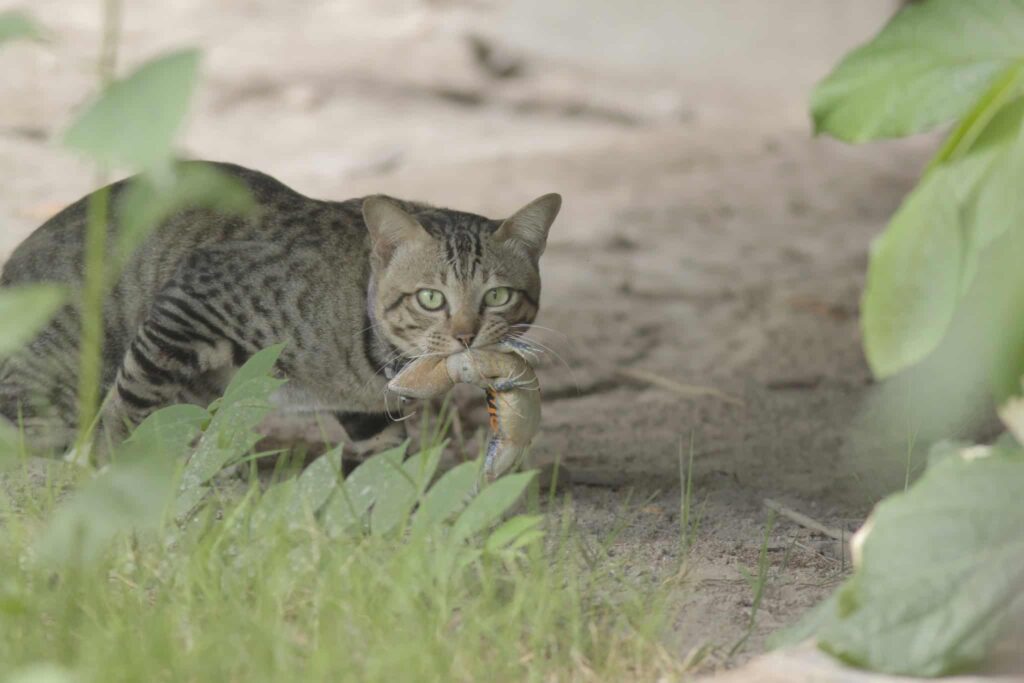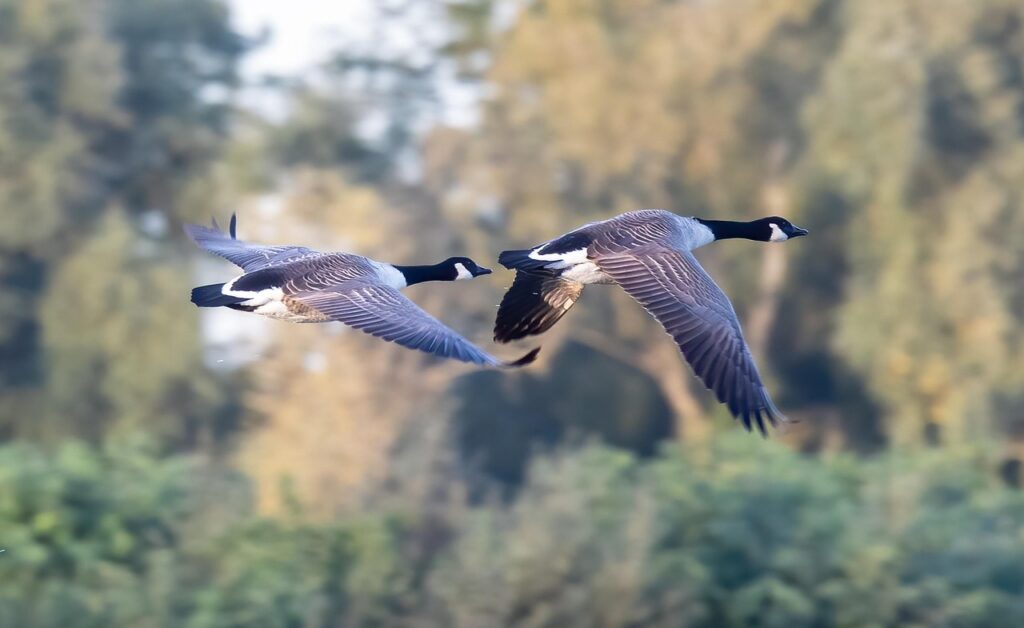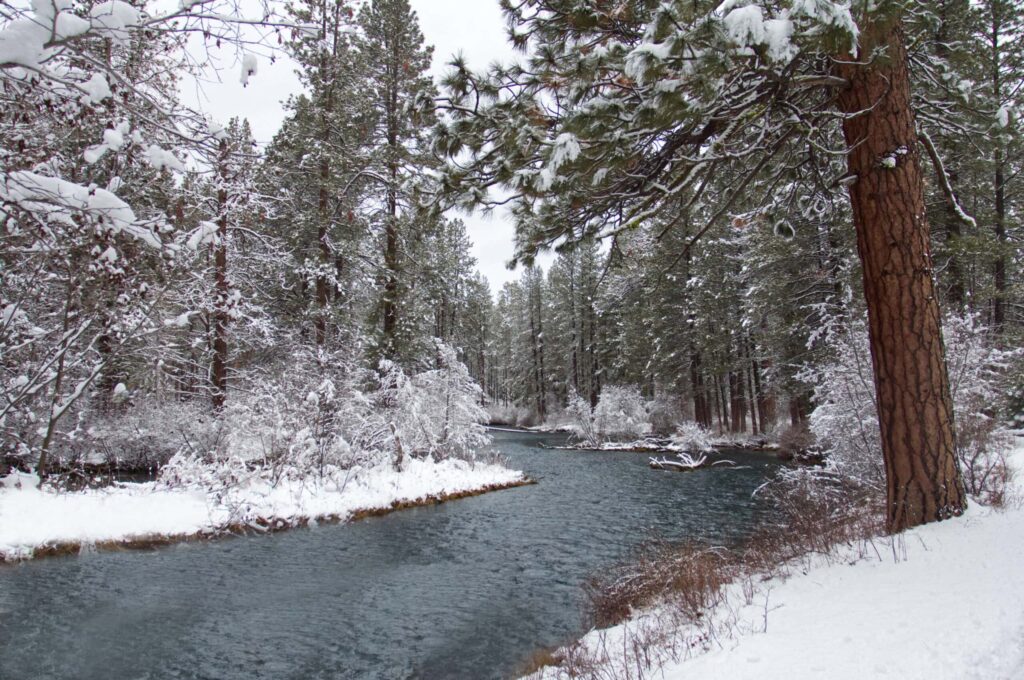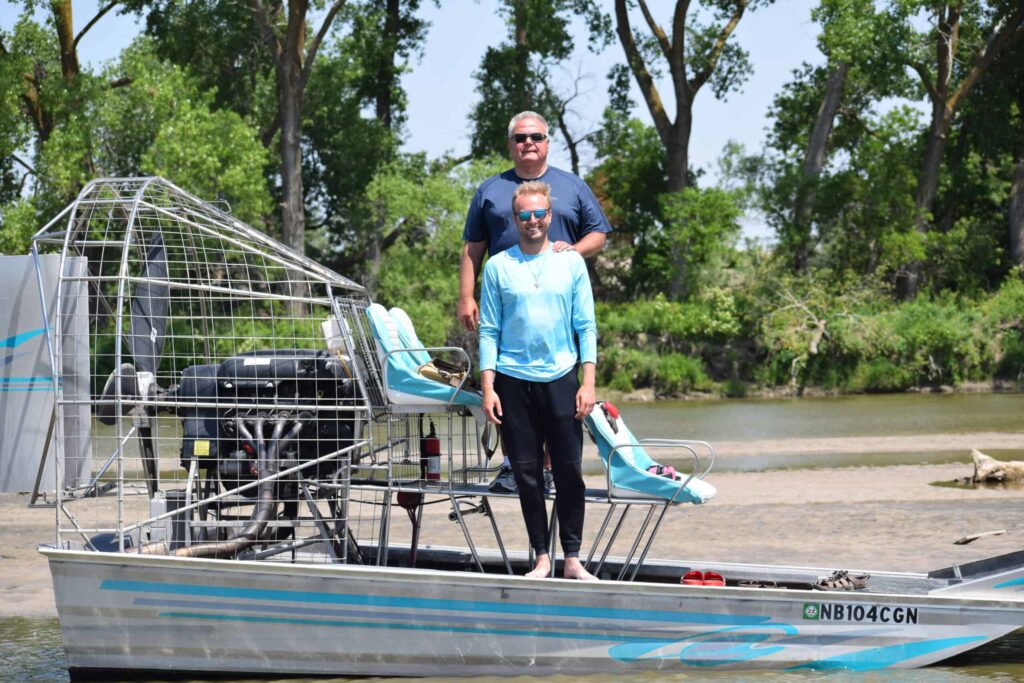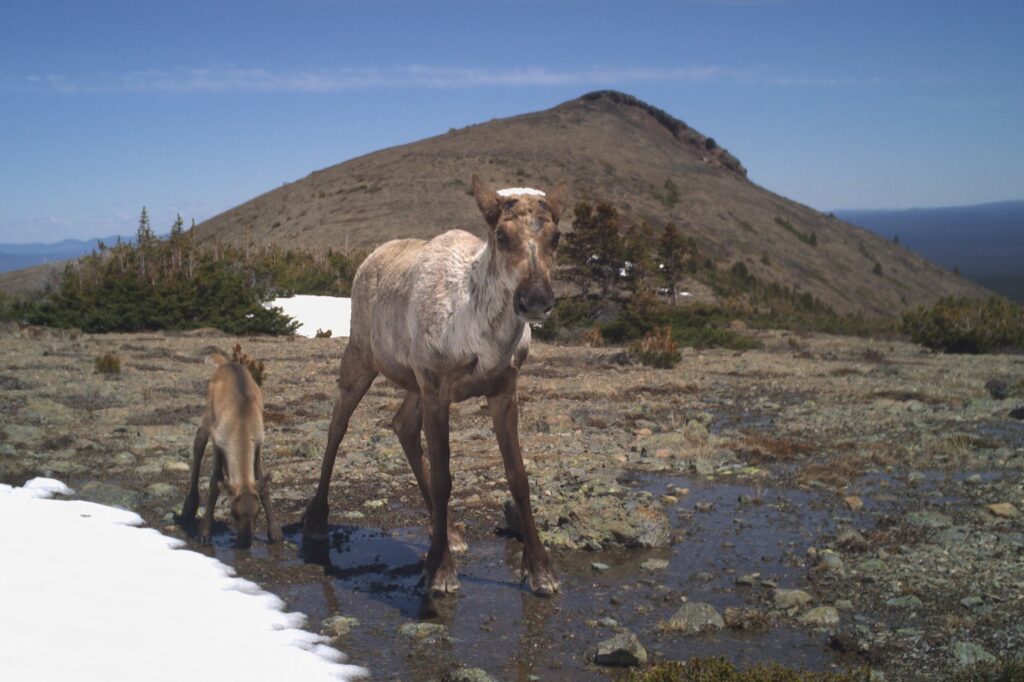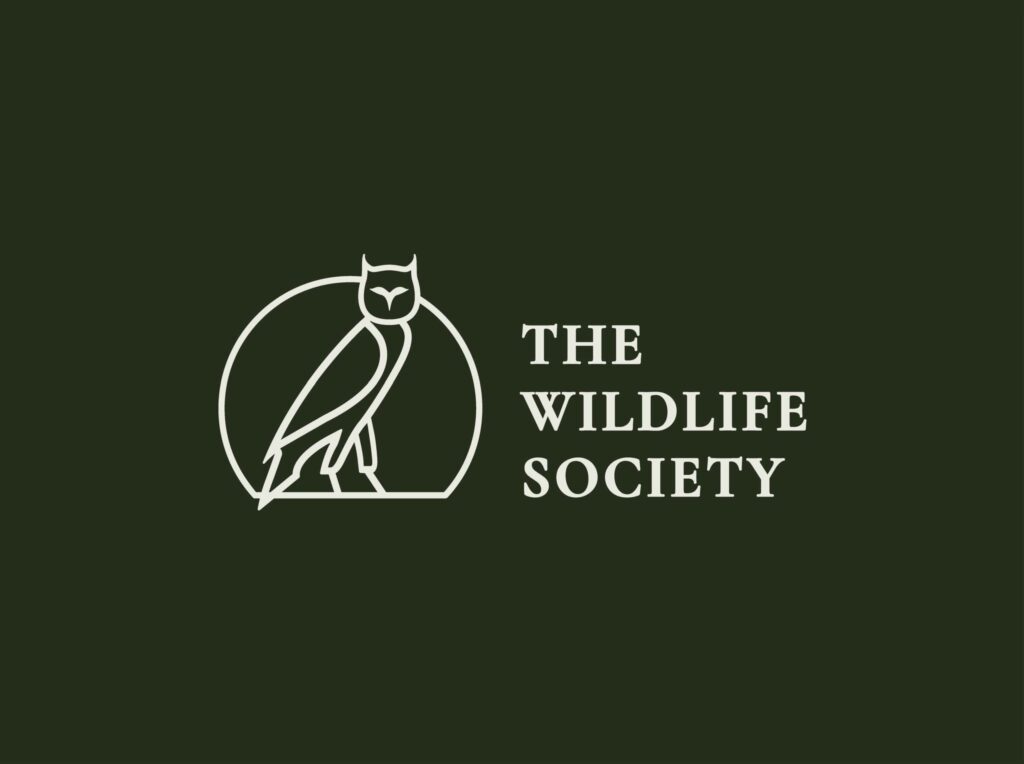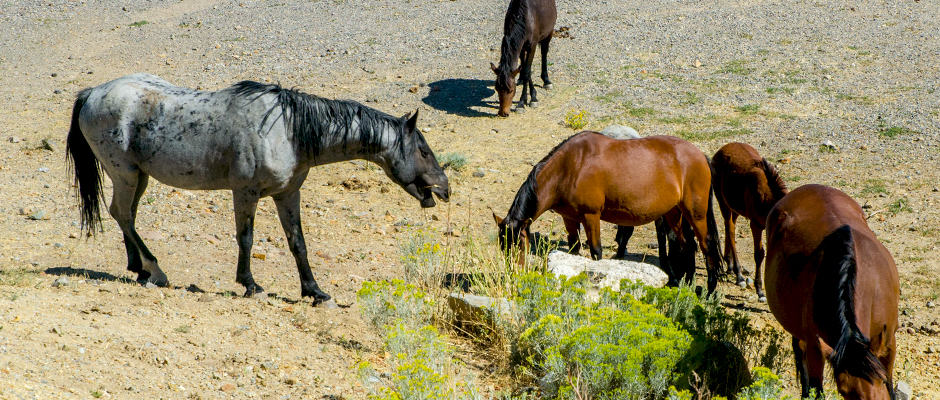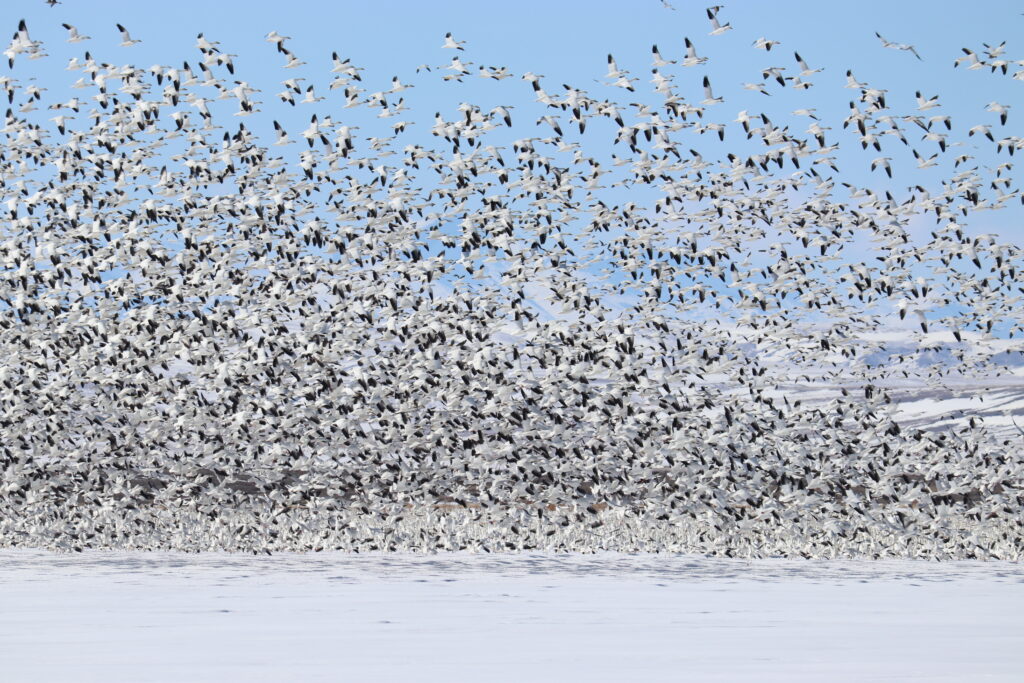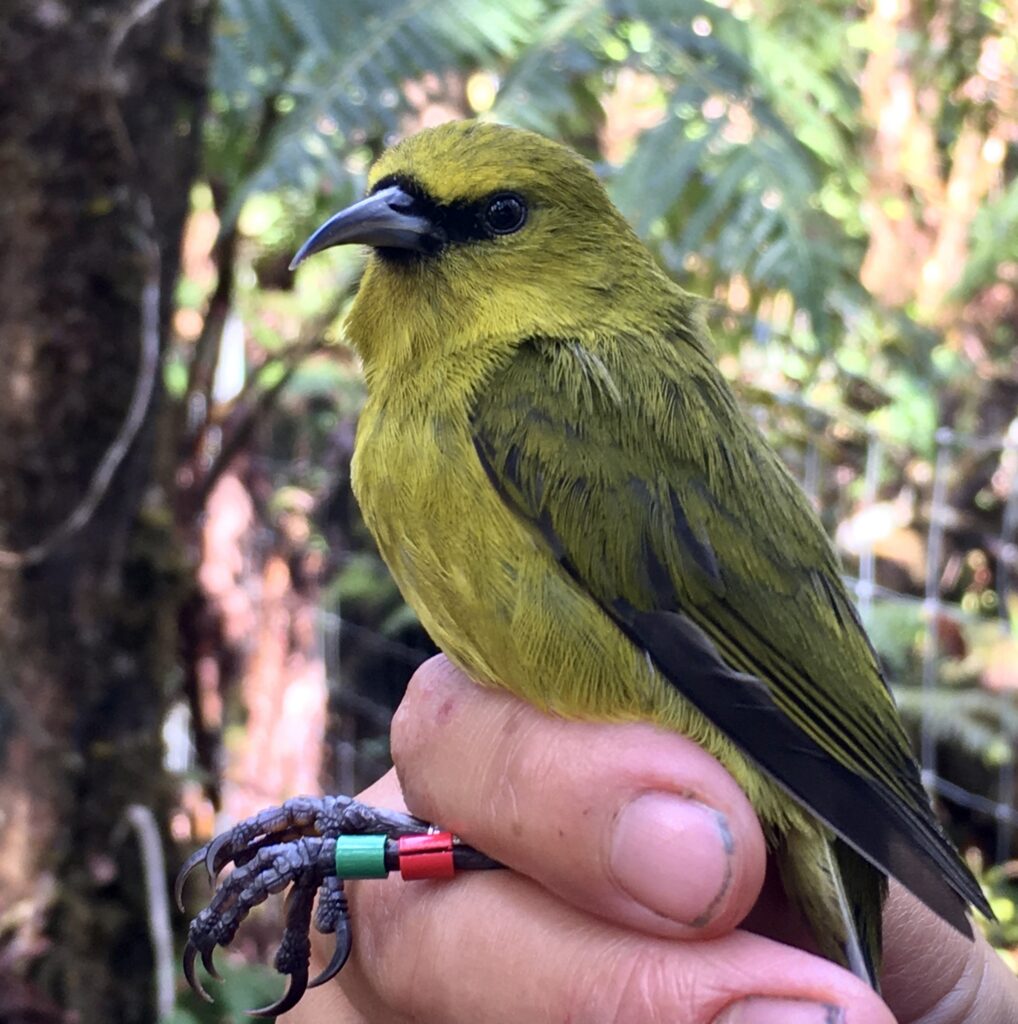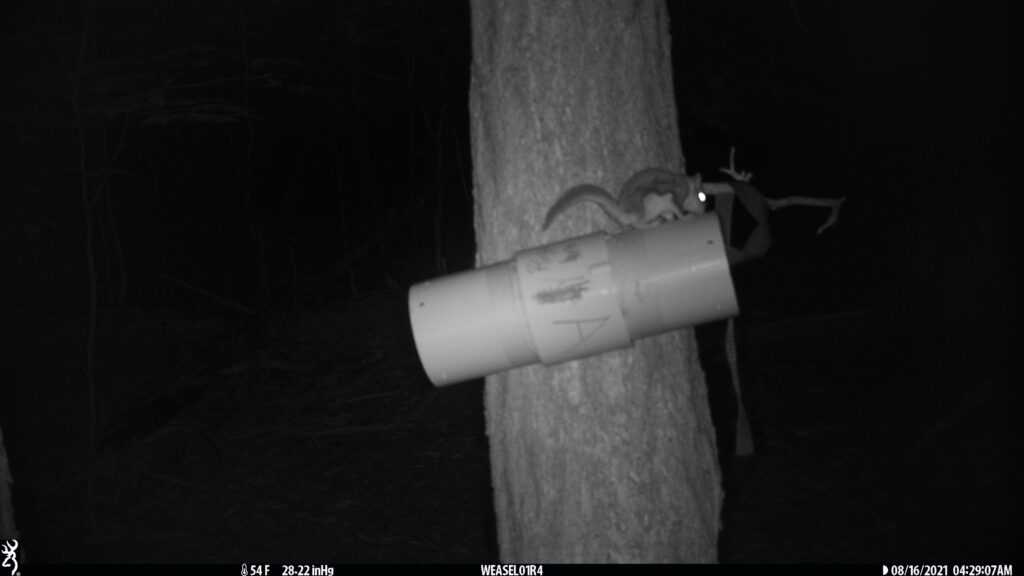Bringing science to the table, The Wildlife Society provided testimony on the need for improved management of wild horses and burros on public lands at the National Wild Horse and Burro Advisory Board meeting in Portland, Oregon.
The advisory board, composed of representatives from diverse, nongovernmental interest groups, meets regularly to discuss wild horse and burro management issues and to advise the Bureau of Land Management and U.S. Forest Service on their management of the feral animals.
Keith Norris, AWB®, Director of Government Affairs & Partnerships at TWS headquarters, provided in-person testimony on behalf of TWS and the National Horse & Burro Rangeland Management Coalition, which TWS currently chairs.
Both testimonies highlighted the need for increased and immediate horse and burro removals from the range in order to achieve appropriate management levels and retain healthy ecosystems, asserting that “without an increase in the rate of removal…populations of wild horses and burros will continue to expand and our nation will witness growing degradation to its rangeland ecosystem.”
The Oregon Chapter of TWS also testified, encouraging removal of on-range horses and burros by prioritizing reduction of populations to established appropriate management levels, particularly in greater sage-grouse habitat areas. Emphasizing science-based decision-making, the Oregon Chapter highlighted the current challenges created for sage-grouse and sage-brush conservation by horse and burro populations exceeding appropriation management levels, and the credibility issues which that creates for wildlife managers in the eyes of the public. Generally, science provides credibility for wildlife managers and common ground between varying interest groups during collaborative conservation efforts like the broad-scale conservation of greater sage-grouse.
However, as John Goodell, vice president-elect of the Oregon Chapter points out, “Biologists and resource managers [in our region] are in a tough situation because their work is science-based, and they come from a science background, and the horse issue is the opposite of that… It affects their credibility with various stakeholders when they have to implement a policy on horses and burros that really doesn’t have the science behind it.”
In its Final Position Statement on Feral Horses and Burros in North America, TWS recognizes the effects that excess horses and burros have on rangelands – including overgrazing, competition with native animals, and increased erosion – and encourages the removal of animals from the range. TWS remains engaged in policy actions to ensure that wildlife professionals have the tools to practice ecologically-sound management.
Article by Dani Dagan